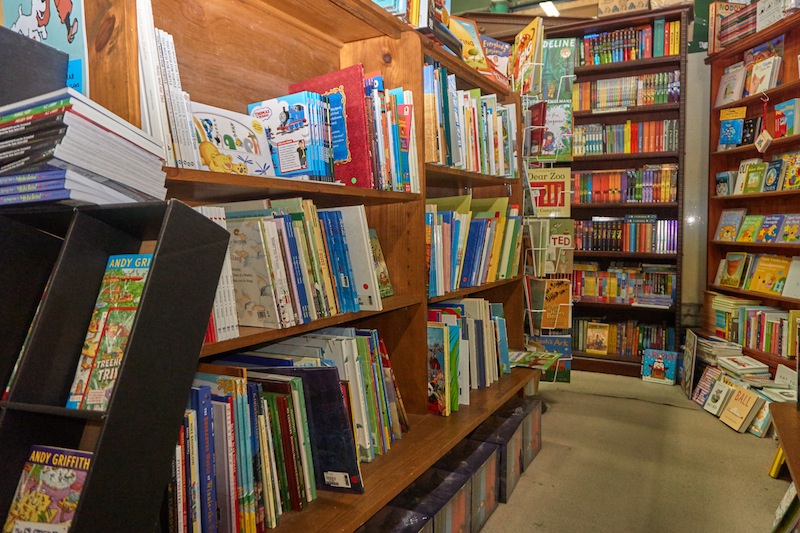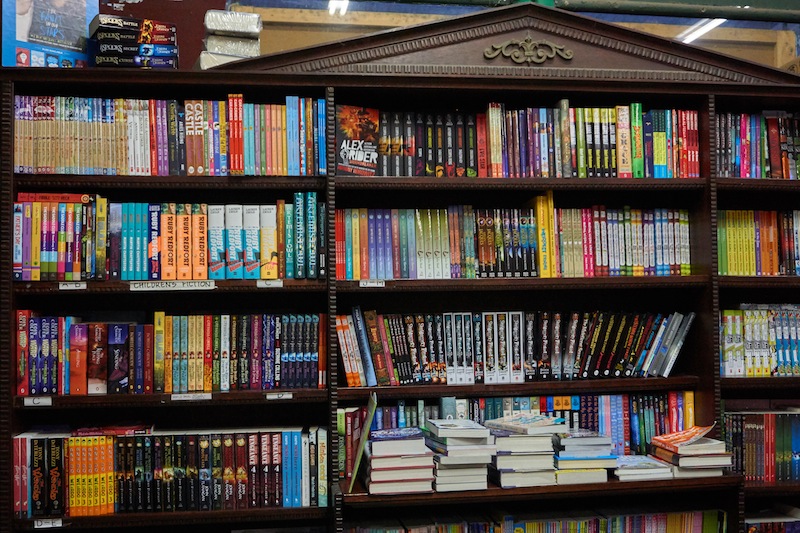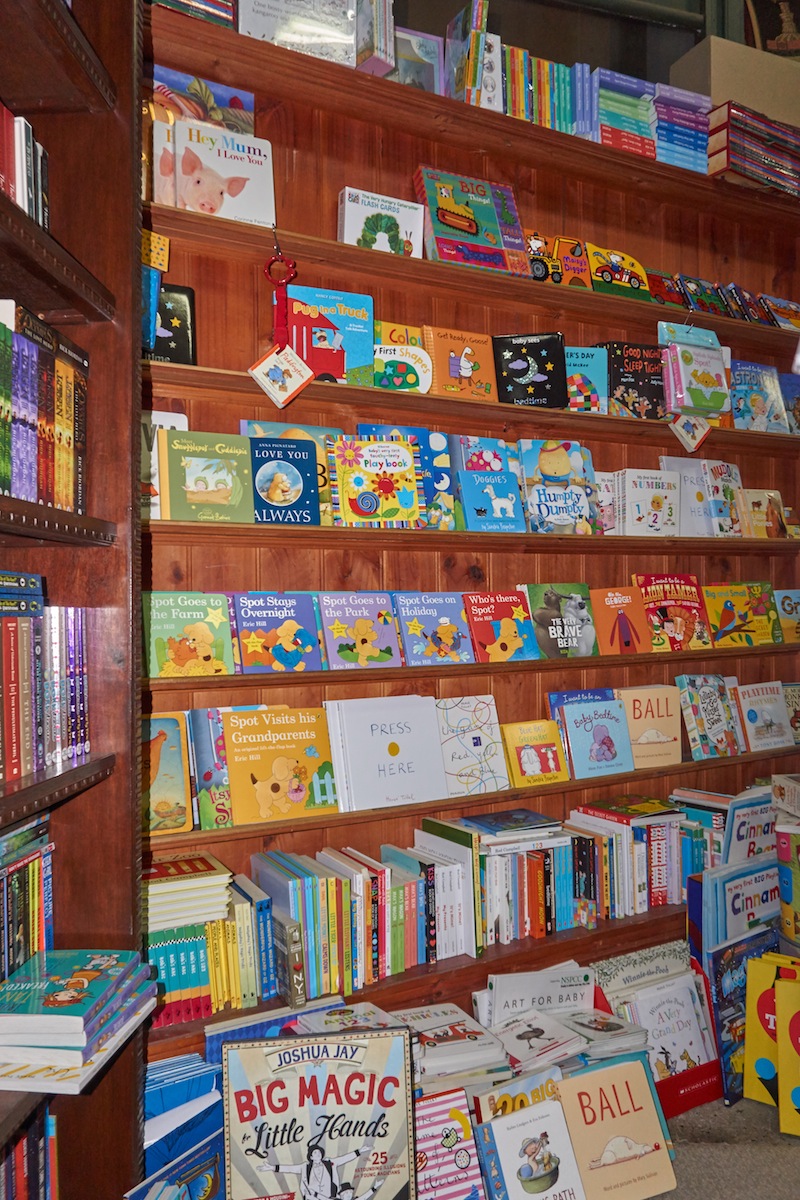 I am giving a couple of sessions at ‘Text Marks the Spot’, the Schools Day held by La Trobe University as part of the Bendigo Writer’s Festival next weekend. One is an author talk, and the other is called ‘Green’s Guide to Good Books’. For that, I’m wearing my bookseller hat and presenting a range of books that are on the shelves of the bookshop now (so nearly all of them have been published in 2014 or 2015).
I am giving a couple of sessions at ‘Text Marks the Spot’, the Schools Day held by La Trobe University as part of the Bendigo Writer’s Festival next weekend. One is an author talk, and the other is called ‘Green’s Guide to Good Books’. For that, I’m wearing my bookseller hat and presenting a range of books that are on the shelves of the bookshop now (so nearly all of them have been published in 2014 or 2015).
I haven’t given my choice a whole lot of thought or else I’d get so tied up in knots I wouldn’t get anywhere. I’ve chosen them for no real reason other than they’re the ones that have taken my fancy. Which is as good a reason as any.
The topic, however, has got me thinking. What’s a good book? It’s not a trick question; there are many answers and here are just some.
A good book is well-written, challenging, inspiring.
Relevant. Readable. Un-put-downable.
Enjoyable, entertaining, easy-to-read.
It’s the book you are reading now.
A good book is all or any or a combination of the above. It all depends, doesn’t it? It depends on how you’re feeling, whether you want to flop onto the couch with an easy comforting read… or try a challenging, difficult one. Do you want to think or do you want to be entertained? One or the other or both at the same time? And so on.
For a bookseller, perhaps a good book is one that sells…in large numbers.
 Children – especially really young ones – often don’t buy their own books. Parents, grandparents and other friends and family and carers do. Teachers and librarians do. Often, they base their choices on prizes such as the CBCA awards. Those little gold, silver or bronze discs can make all the difference to sales. That’s why publishers stick them prominently on the covers. But the CBCA winners aren’t always the books that children love to read. When children nominate and vote, there are often very different shortlists and winners. And that’s just the way it is. Think of some recent adult bestsellers…like the Shades of Grey series. They were never going to win any prizes, but sold like hot cakes (whatever they are… donuts?).
Children – especially really young ones – often don’t buy their own books. Parents, grandparents and other friends and family and carers do. Teachers and librarians do. Often, they base their choices on prizes such as the CBCA awards. Those little gold, silver or bronze discs can make all the difference to sales. That’s why publishers stick them prominently on the covers. But the CBCA winners aren’t always the books that children love to read. When children nominate and vote, there are often very different shortlists and winners. And that’s just the way it is. Think of some recent adult bestsellers…like the Shades of Grey series. They were never going to win any prizes, but sold like hot cakes (whatever they are… donuts?).
Contrary to the old saying, you can and do choose a book by its cover. Or else the publishing companies wouldn’t spend all that money on cover art, would they? An intriguing title helps too. And an intriguing back-cover blurb. It needs to tell you enough, but not too much. One of the books I’ve read recently had a big giveaway – the kid has cancer – on the back cover, but that’s not revealed for quite a few pages. It’s not quite a spoiler, but almost…
I suggest that, when choosing a book, you read the first page. Then open the book at random and read another page. It’s a bit like entering into a conversation with someone – do you like their voice? Are you going to enjoy hours of listening to that voice?
Choosing is one thing – then sometimes there’s a dilemma… Having invested time in reading, should you keep going if you’re not really taken by the book? You don’t have to, you know. But if you give up too easily, you may miss out. I try to strike a balance between giving it a go and going on too long but if all else fails, and I’m about to pack it in, I always take a peek at the ending. (This horrifies some people). Every now and I end up reading backwards and forwards, and actually end up enjoying the book.
A writer only begins a book. A reader finishes it. Samuel Johnson

